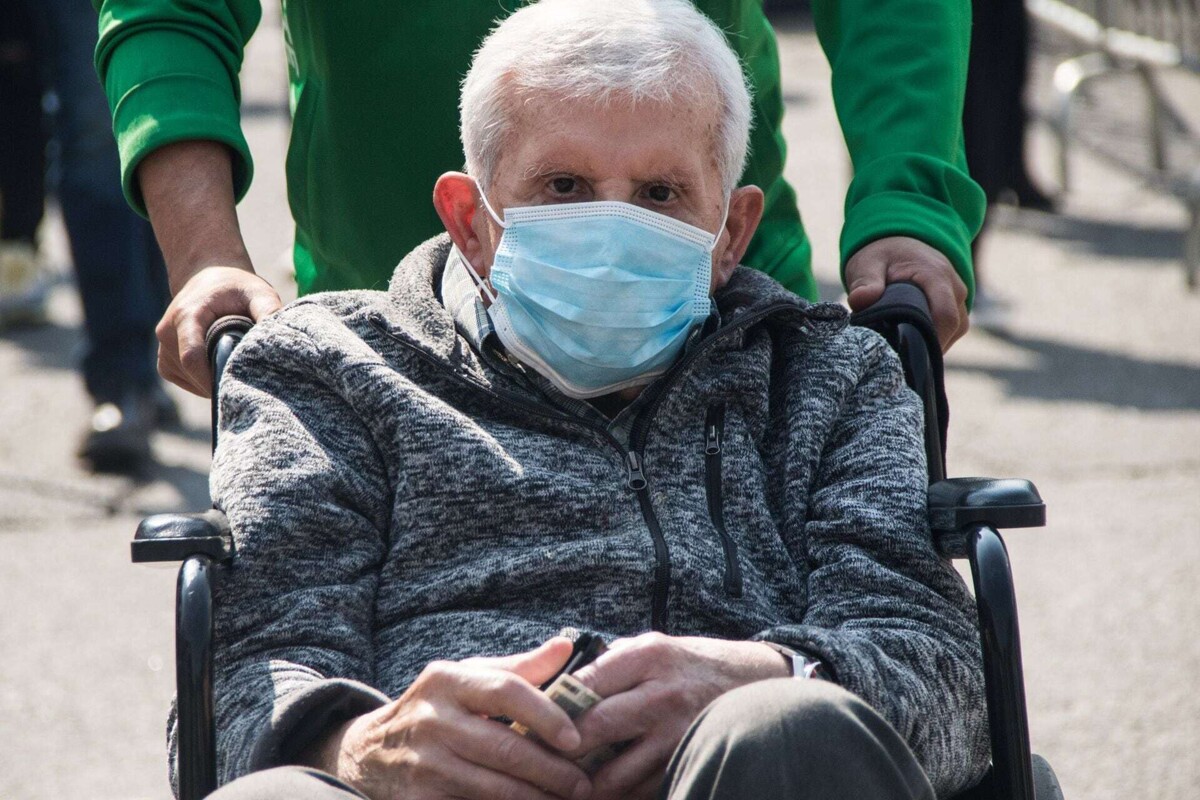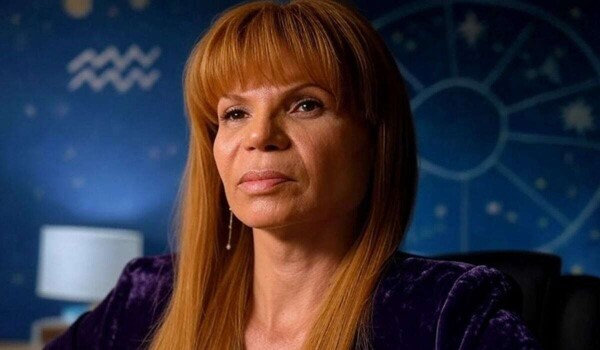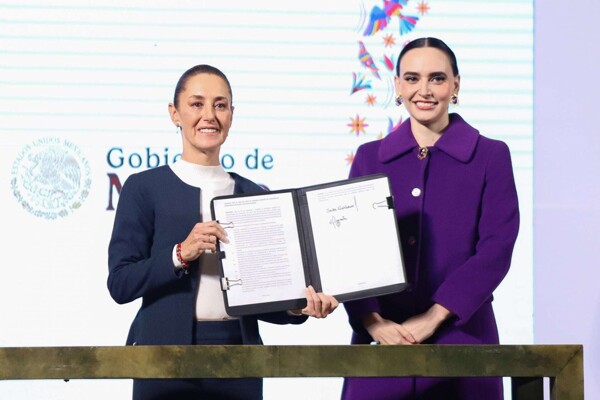
The birth and aging rates require a thorough investigation today, marking a change in history, as fertility rates have significantly declined along with the aging population. María Elena Esparza Guevara, president of Ola Violeta A.C., highlights gender inequality as an obstacle to increasing birth rates, a challenge that the feminist revolution faces today.
The current trend shows that many opt not to have children in light of an unappealing landscape in work, marriage, and motherhood, turning this decision into an act of rebellion. Despite medical advances and improved living conditions, we are living longer, which demands a shift in the current model towards one of care and attention for the aging population, integrating it into social and economic policies.
Kang's works present characters that reflect the burden of the current reality and the future to come, like the extreme case in South Korea, which other countries, like Mexico, could face in the second half of the century. In these stories, tenderness and consideration for others stand out in a context of despair and apathy, reflecting social movements such as the South Korean “3 No” and the “leftover women” in China, influenced by socio-political factors.
In Mexico, women dedicate a large part of their time to unpaid work, while men bear a lesser burden in these tasks, indicating gender inequality. All of this leads us to consider the signs of the future presented by literary works and demographic data that pose moral and intellectual dilemmas. Among them, the prophetic novels of Han Kang, awarded the Nobel Prize in Literature in 2024, offer a revealing vision of what our destiny might hold.













